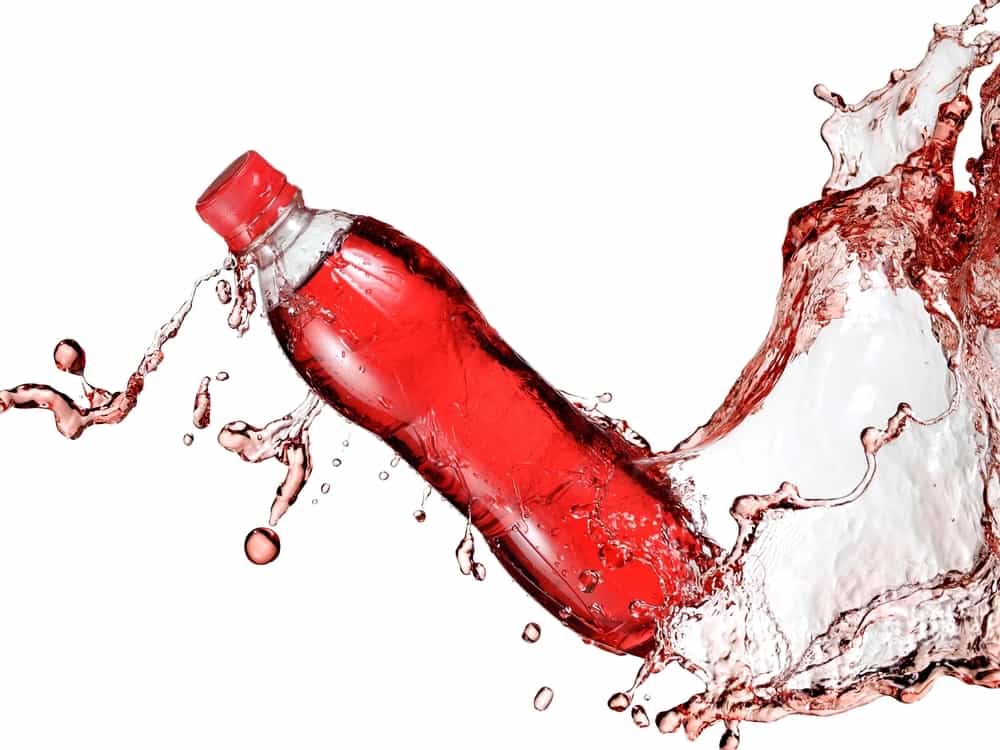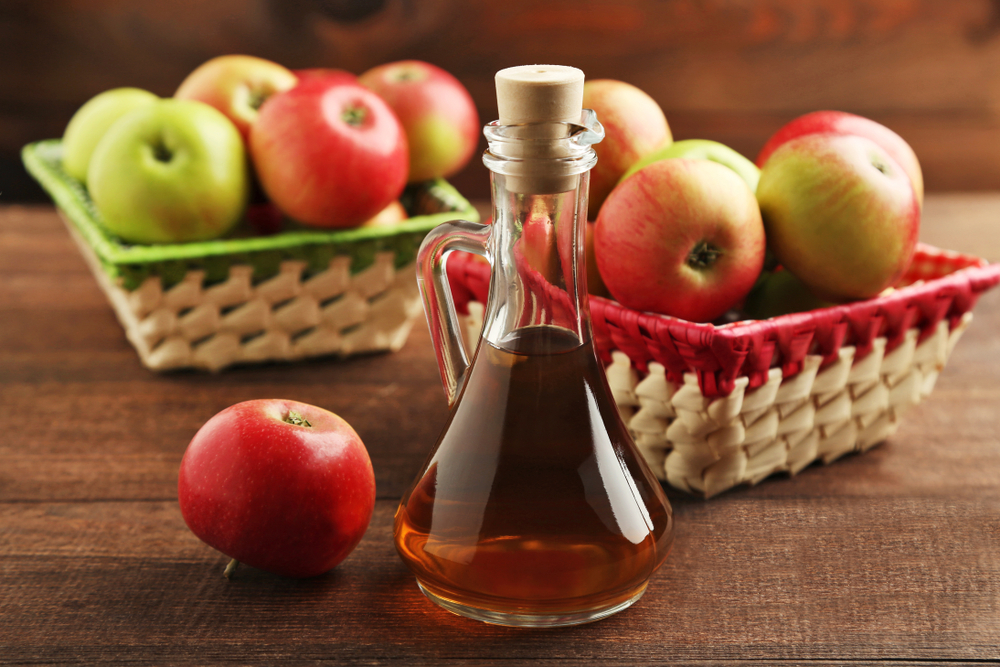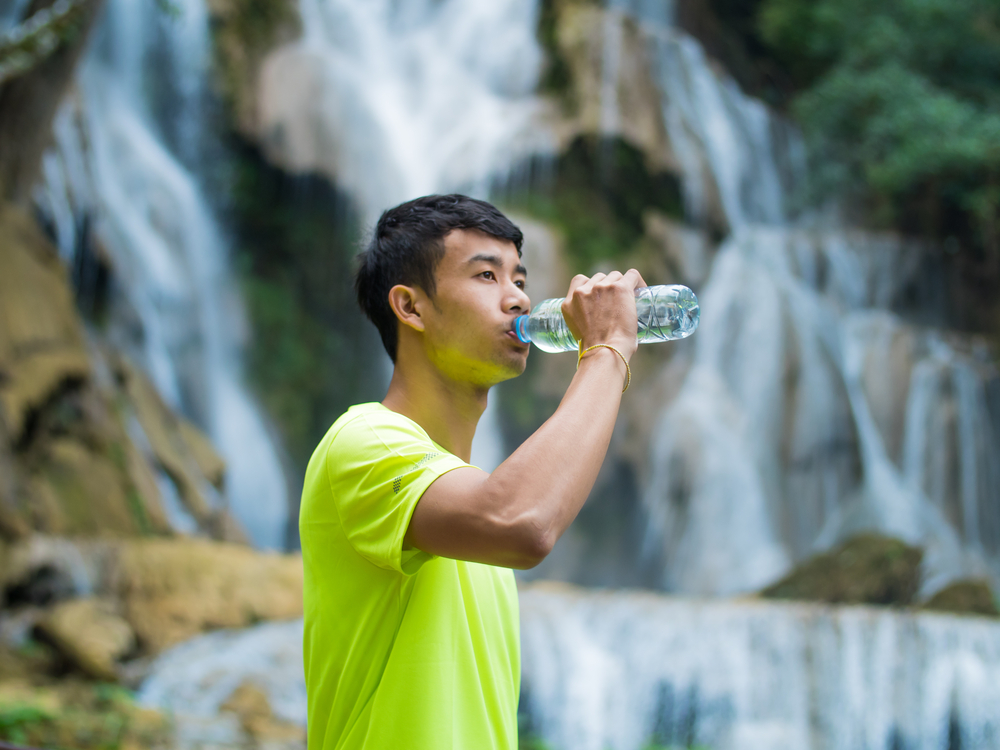Contents:
- Medical Video: Hydration: Sports Drinks vs Water - Texas Children's Sports Medicine
- What is an isotonic drink?
- Can isotonic drinks be given to children?
- High carbohydrate content in isotonic drinks can increase the risk of obesity in children
- Child electrolyte intake does not meet their needs
- Additional protein and vitamins obtained from sports drinks are not needed by children
- High acidity in sports drinks can erode children's teeth
- What if my child is an athlete or undergoing strenuous exercise, is it permissible to consume isotonic drinks?
Medical Video: Hydration: Sports Drinks vs Water - Texas Children's Sports Medicine
Many sports drinks, especially isotonic drinks, are sold freely at minimarkets and supermarkets. We can easily find it and buy it. The delicious taste makes everyone, not least children, like to drink it. You as a parent may think it's only a drink, but actually the drink is different from ordinary drinks. What is the difference and can it be given to children?
What is an isotonic drink?
Isotonic drinks or sports drinks are specifically designed to meet the hydration of athletes or people who engage in strenuous exercise so that they do not experience dehydration after a prolonged exercise. Historically, sports drinks were first made in 1965 in the United States as a supplement for athletes in an effort to overcome the nutritional and physiological problems associated with exercise.
This isotonic drink is added with electrolytes (sodium and potassium) which are useful for replacing electrolytes and fluids lost through sweat when exercising. Electrolytes are needed to maintain fluid balance in the body, so that the muscles can work well.
Besides containing electrolytes, isotonic drinks also contain carbohydrates (sugar), flavorings, and calories. Sugar in isotonic drinks serves to provide a source of energy for the body that has begun to disappear after exercising. Because it contains sugar, of course this drink has a sweet taste, so that many are liked by children.
Can isotonic drinks be given to children?
After listening to the explanation above, it is clear that isotonic drinks are actually intended for athletes or people who do strenuous exercise. Children are not included, so consumption of isotonic drinks is not recommended for children, it should even be prohibited. The American Academy of Pediatrics recommends that children and adolescents do not have to consume sports drinks.
Research by The American Academy of Pediatrics Committee on Nutrition (CON) and the Council on Sports Medicine and Fitness (COSMF) shows that the content in sports drinks is actually not needed by children, can even bring adverse effects on children's health.
High carbohydrate content in isotonic drinks can increase the risk of obesity in children
In general, sports drinks contain 2-19 grams of carbohydrates (in the form of glucose and fructose) every 240 ml of a serving. This means that it is equivalent to 10-70 calories per beverage package. So, consumption of sports drinks in time can often make it an additional calorie intake, make the child's calorie intake excessive, and then can lead to weight gain. Excessive weight gain can cause children to be obese.
Child electrolyte intake does not meet their needs
Isotonic drinks or sports drinks contain electrolytes (sodium and potassium). The amount of sodium and potassium contained in isotonic drinks may vary depending on the brand. However, usually the sodium content is in the range of 25-200 mg and the potassium content is around 30-90 mg per package (240 ml). Whereas, under normal conditions, children do not need that much extra sodium and potassium. Most children get enough sodium and potassium from consumption of foods with balanced nutrition. So, the function of isotonic drinks to replace lost body electrolytes is actually not needed and there is no benefit for children. 8-10 glasses of water for children is enough.
Additional protein and vitamins obtained from sports drinks are not needed by children
Sports drinks are usually added with protein, which aims to accelerate muscle recovery after exercise. However, children can easily fulfill their protein needs through the food they consume, so that the protein from this sports drink is not needed by the child. Likewise with children's vitamin needs that can be obtained from consumption of vegetables and fruits that are healthier.
High acidity in sports drinks can erode children's teeth
Most sports drinks have acidic properties and may also contain citric acid (which can erode teeth). Therefore, sports drinks or isotonic drinks can also cause tooth decay in children.
What if my child is an athlete or undergoing strenuous exercise, is it permissible to consume isotonic drinks?
According to the American Academy of Pediatrics, children who exercise heavily still need to drink water before, during, and after exercise. If a child has heavy exercise for a prolonged period of time (more than 1 hour) and in hot weather conditions, a small amount of isotonic drinks may be needed. However, this isotonic drink or sports drink should not be consumed regularly.
Water is still the best for children. Familiarizing children with drinking water since they were children is one step to familiarize children with a healthy lifestyle. The more children like to consume water, the better for them.
READ ALSO
- Dangers of Refilling Used Plastic Bottles for Beverages
- Provision of soft drinks, fruit juices, and sweet drinks for children
- Healthy and Unhealthy Drinks for Your Child












